Hedda director Nia DaCosta has cast actress Tessa Thompson as the eponymous character and it’s not an easy role to play. And when a global press conference of the film was held recently, Tessa spoke about all the things that matter. She had something to say when asked about her process and prep for the character she has essayed.
The actress revealed, “It’s been such an incredible journey to know Nia. I first met her at the Sundance Film Labs at that institute, which is essentially like summer camp for filmmakers. And she had her first feature that she wanted to make called Little Woods. And I was there just donating my time. I didn’t think that we would go on to make a film together. She asked me day three, When I make this movie, will you make it with me?” Not if. When. And I said, “Of course.” And that began our collaboration, which now it’s 10 years since I met her. And it’s been just an extraordinary gift."
She added, “When she told me she wanted to work on an adaptation of Hedda Gabler, I didn’t imagine that she meant she wanted me to play Hedda. She’s always brainstorming things with me. And I just thought that was so extraordinary. But to be honest, Joe, I didn’t really know why. I mean, it’s a play that’s captivated audiences for centuries. Certainly, it’s a character that’s captivated me. But I didn’t understand what the sort of cinematic imperative was to retell it in this time. And it was only when I read her first draft of the piece that I really understood what she wanted to do with it, which is to take it apart and put it back together.”
On the challenges of playing Hedda
Well, one of the producorial challenges is we were supposed to begin shooting, and two days before we began shooting, the strike happened. And we thought it would just be a couple of weeks, and it ended up being a double strike, and it lasted for some time. So that was one of the challenges to keep it afloat. We had already moved into this incredible estate, and we had wallpapered the place, and, you know, brought in a lot of lacquer. [laugh] And a lot of animal print staircases. And so one of the challenges was to convince our collaborators and the homeowners to keep the house dressed, because otherwise we probably wouldn’t have been able to make the movie.
So that was one of the producorial challenges. And I would say as an actor, this is probably one of the most challenging things I’ve ever done. I think to really gain an understanding of the piece, which I did extensively with, you know, watching every adaptation I could get my hand on, reading all of the different translations of the work, really trying to understand architecturally why is this a piece that has captivated us for so long. And also, you know, Hedda Gabler’s arguably one of the most mercurial, confounding characters in literature.
On playing a chessman and people’s perspective of her
Tessa revealed, “I really had the feeling when I was playing Hedda that any time I looked out into the room, and there’s this scene that actually Nia let us play all the way through as an improvisation, and it was this sort of line of guests coming in and Hedda greeting them. And I’m really grateful that she let us play it out, because what I realized when we were playing it, only in that moment of performance was that this is a woman who obsesses what good someone can be to her. And sort of where they are on the totem pole. She’s someone that obsesses kind of their social worth inside of society.”
“And that was such a fascinating thing to kind of unpack and to inhabit. And I would say me personally, Tessa, I probably am a bit naive. Although, you know, we work inside of an industry where you can see that sort of in the rooms that we occupy sometimes. You know, you sort of can have that sense inside of it. And I tend to try to ignore it and just, you know, relate to people as people not for what they do or what they can do for me. I’ve always been sort of allergic to that [laugh] way of moving through the world,” the actress added.
On the original piece of work and Nia’s adaptation
Something that really struck me the first time I sat to read it is obviously this huge fundamental change that she’s made by making a character who’s typically a man, Eilert Lovborg, into Eileen Lovborg. And there’s a whole lot of knockoff effects. It makes the piece queer in a way that the original piece isn’t. But I think more than that, I think fundamentally something that it does is give Hedda a real foil. Another woman who’s in the world who’s making very different choices. And I think this is a piece that wants to explore our piece more than Ibsen’s.
It wants to explore sort of pathways to personhood and gaining sort of agency over one’s life. In the original piece, you have Hedda saying, “For once, I want to be in control of a man’s destiny.” And I think in our piece, you see a woman struggling with trying to be in control of her own. And I thought that sort of mind, what is in the original material, but made it just, for me, make sense as a modern woman now.


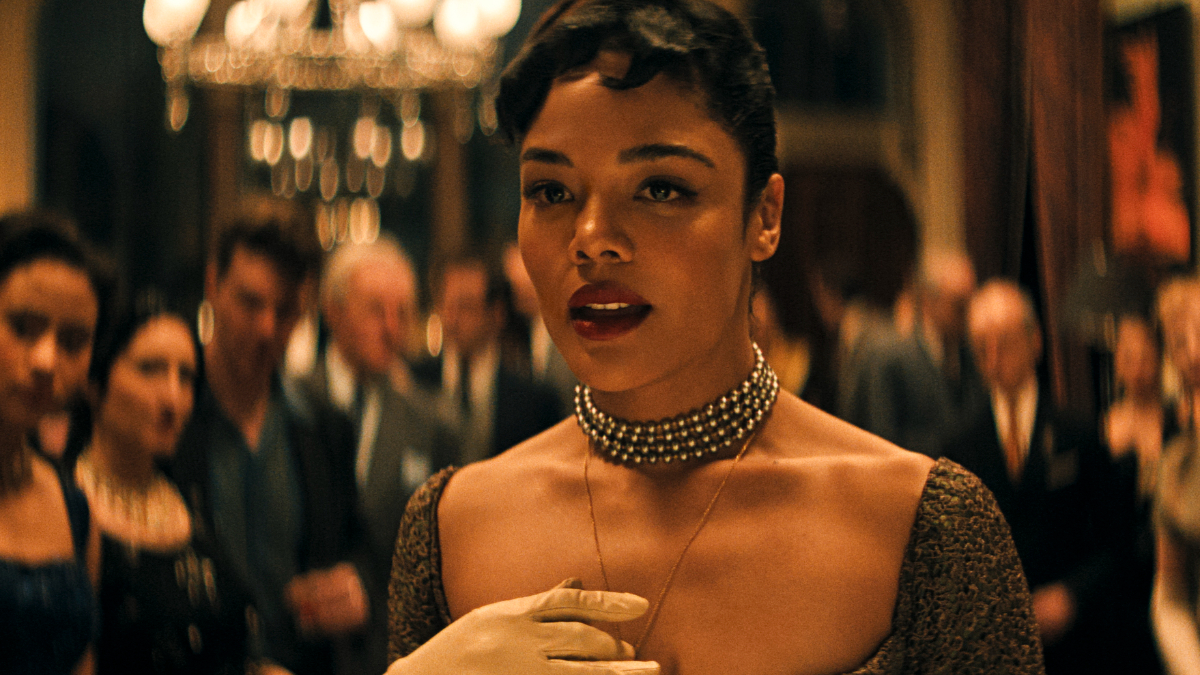)
)
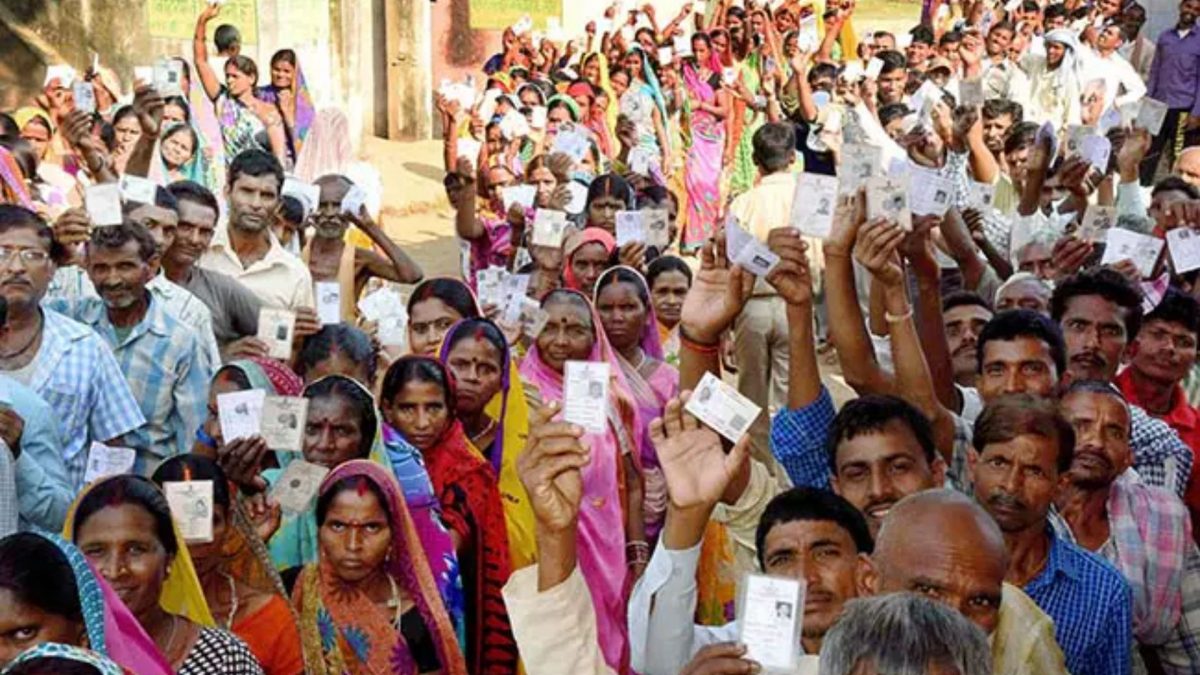)
)
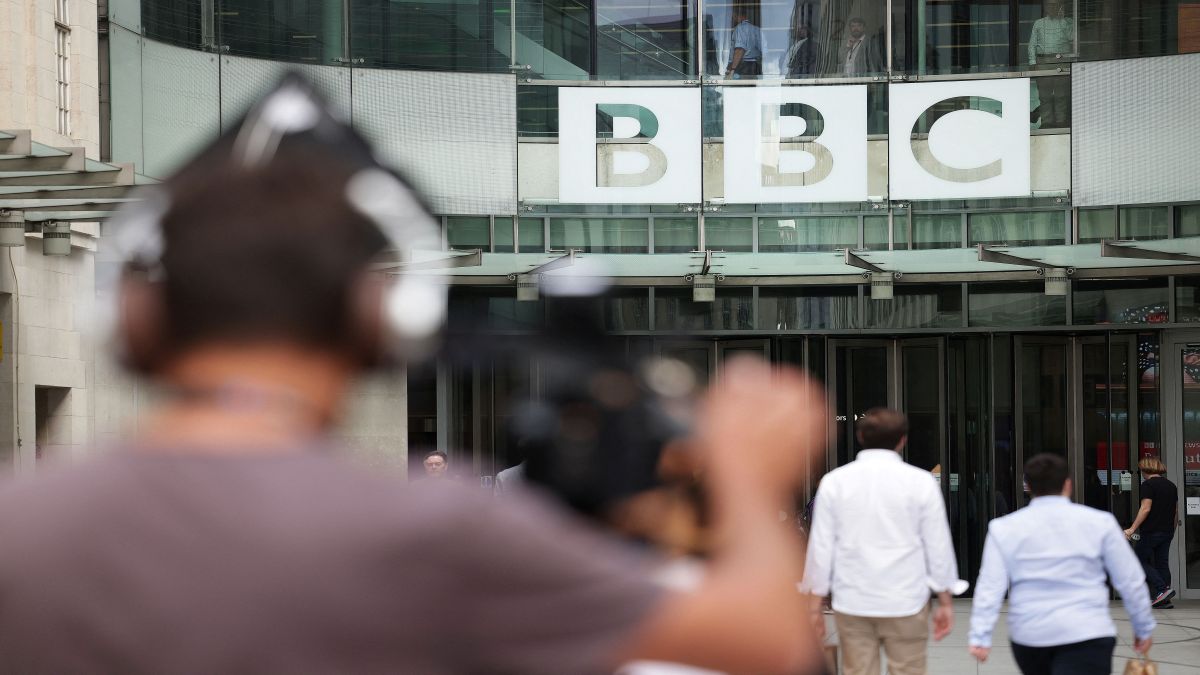)
)
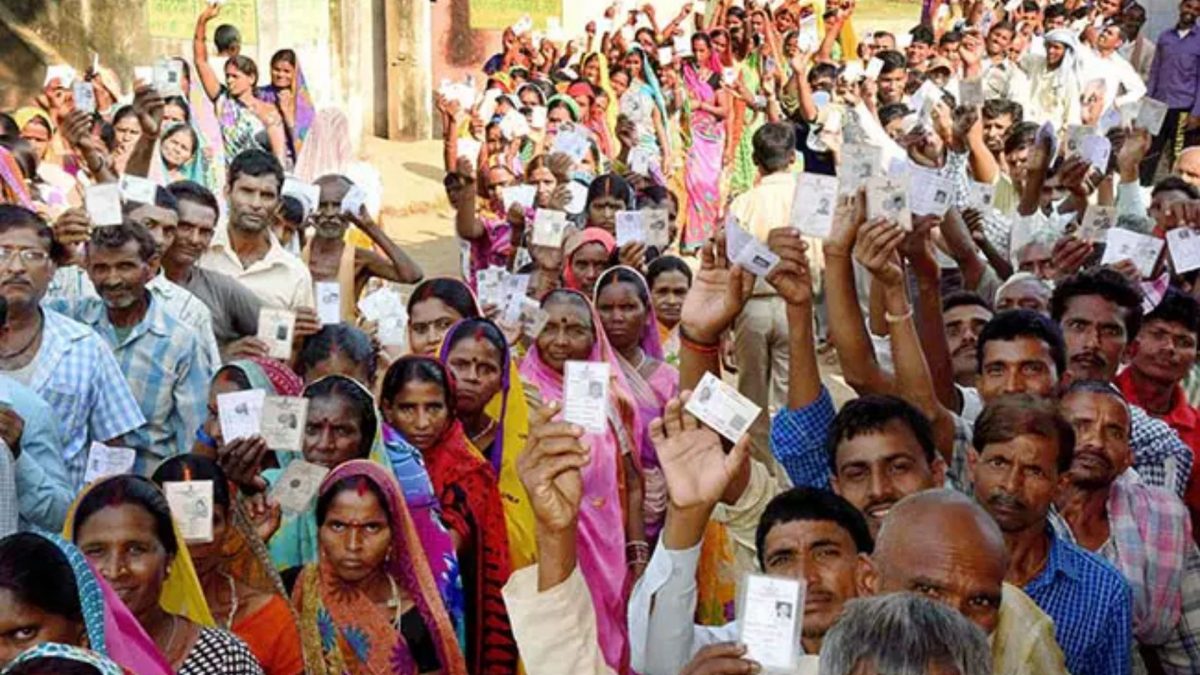)
)
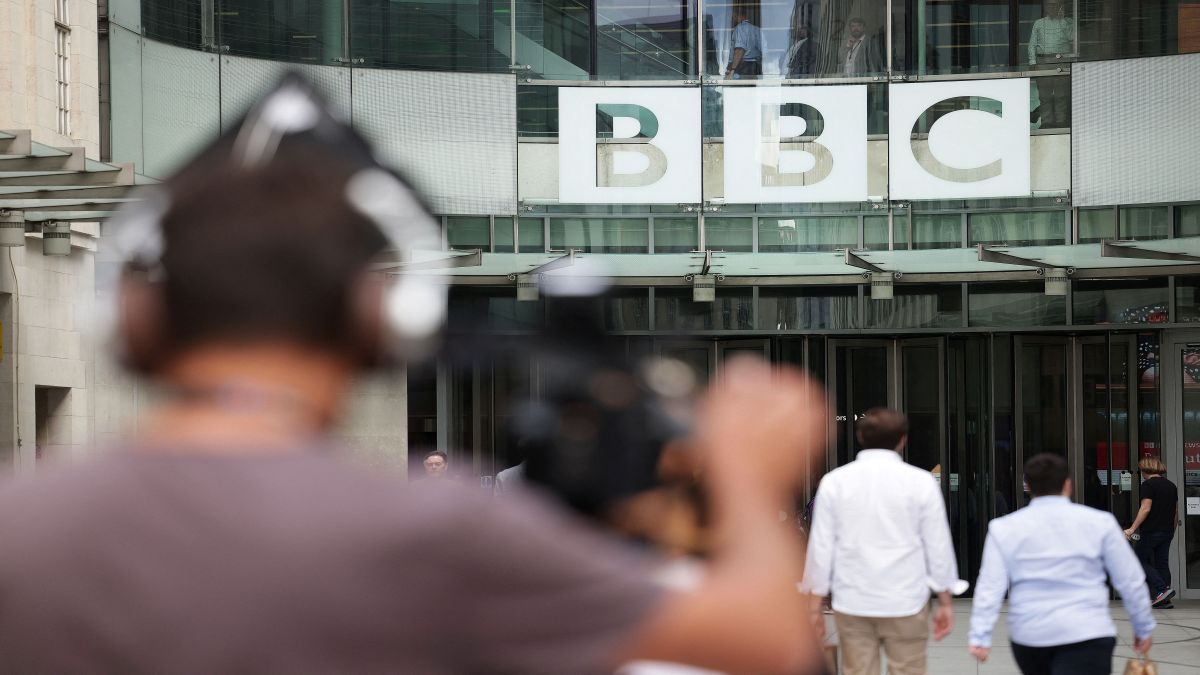)



